同等學力英語輔導 每日一練(12月14日)
When he died in April of 1993, Dr. Jeol Hiderbrand was 101 years old, had been married for seventy years, and had taught freshmen chemistry to over 40,000 students. In addition, he had published a popular textbook and dozens of articles, had managed the U. S. Olympic ski team, and had discovered a way to allow deep-sea divers to stay underwater longer. In his own way, Dr. Jeol Hiderbrand was certainly a genius.
During that time, Dr. Jeol Hiderbrand discovered that the gas helium could be combined with oxygen for use as diving gas to allow divers to dive deeper and take the great pressure of the water without the physical discomforts that had been experienced when they used another gas, nitrogen. The use of helium for deep-sea diving is now standard practice.
Dr. Jeol Hiderbrand was also valuable to his country during both World Wars. In World War I he analyzed the poisonous gases used on the battlefield and helped develop a truck that could clean and treat soldiers’ clothes which had been contaminated by poisonous gases during fighting. In World War II, he helped develop a type of the snowmobile, a vehicle used to carry soldiers through the snow in northern countries.
1. Which of the followings is the main idea of the passage?
A. Dr. Jeol Hiderbrand’s discoveries and inventions.
B. Dr. Jeol Hiderbrand’s contributions to education.
C. Dr. Jeol Hiderbrand’s contributions to the world.
D. Dr. Jeol Hiderbrand, a versatile with ageless energy and vigor.
2.What’s the reason for Dr. Jeol Hiderbrand’s interest in chemistry?
A. His chemistry teacher was a great teacher.B. His parents taught him chemistry when he was very young.
C. He was born in a time young people had greater freedom to decide what they wanted to do.
D. His talents were greater than his chemistry teacher.
3. What distinguished Dr. Jeol Hiderbrand from others as early as in high school?
B. His discovery of the correct formula for some chemical compound.
C. He learned more chemistry from his teacher
D. His excellent score in chemistry learning.
4. The use of helium for deep-sea diving_________________.
A. helped to overcome the physical discomforts the divers experienced when nitrogen was used
B. was found by Dr. Jeol Hiderbrand
C. is still universally acknowledged as standard practice up to nowD. All that is included in A, B, and C
5. According to Dr. Jeol Hiderbrand what accounts for his ageless energy?A. His ancestors.
B. His parents.
C. Heredity
D. Hard working.
答案
1. D. 這篇短文主要介紹了美國一位將畢生奉獻給科學和教育的人Jeol Hiderbrand博士。答案可以從第一段看出:當Jeol Hiderbrand博士101歲去世時,他已經結婚七十五年了,In his own way, Dr. Jeol Hiderbrand was certainly a genius,最后一段也提供了這方面的線索:he could have such ageless energy and vigor。選項A. Dr. Jeol Hiderbrand’s discoveries and inventions, C. contributions to the world.太泛,太寬; B. Dr. Jeol Hiderbrand’s contributions to education他對教育的貢獻,太窄;均不是正確答案。
2. C. 是什么原因使Jeol Hiderbrand博士對化學產生興趣呢?答案可以在第二段的陳述中找到。Jeol Hiderbrand博士對化學的興趣始于早年,上中學時就因其化學知識超過老師而聞名,并因此得到學校化學實驗室的鑰匙。在學校化學實驗室里他有了新的發現。文中引用Jeol Hiderbrand博士的話說,他對化學的興趣的形成是因為他很幸運地出生在電視還未問世的時代,所以他得自己決定應該關注什么。言外之意,當今時代少兒沉湎于電視節目,實際上限制了個人興趣的發展。
3. B. 是什么使 Dr. Jeol Hiderbrand 早在高中階段就與眾不同呢? 他在中學時就發現了某種化合物的正確的分子式,這使他與眾不同。C. 無從談起,D. 原文未提及,顯然應排除。剩下的A. 和B. 需仔細斟酌。A.幾乎就是照抄原文,但有一字之差(key 而非keys),故不合題意。
4. D.這是一道填充題。句子主語是“深海潛水中氦氣的使用”,所提供的幾個選項謂語A: “有助于克服潛水員使用氮氣潛水時身體的不適。” 此陳述與原文第三段第一句話意義相符;B: “是由Jeol Hiderbrand博士發現的”,也是正確陳述。再看C.,與原文第三段最后一句含義一致; 因此可見三項陳述都對。因此,正確D. All that is included in A, B, and C。
5.D.遺傳。此題可根據 Jeol Hiderbrand博士的幽默回答得出答案“I chose my ancestors carefully.”(我細心地選擇了自己的祖先)—-這就是他對自己長壽不老,精力過人的見解。
特別聲明:①凡本網注明稿件來源為"原創"的,轉載必須注明"稿件來源:育路網",違者將依法追究責任;
②部分稿件來源于網絡,如有侵權,請聯系我們溝通解決。
一站式擇校服務!【免費領取】專業規劃&擇校方案

- 同等學力申碩需要考試嗎?
近些年來,攻讀在職研究生已經成為很多人提高自我的重要方法,我們都知道,非全日制研究生與全日制研究生一同考試,入學較難,因而同等學力申碩已經成為多數人的挑眩那么,...
0贊0評論2021-05-11 09:20:44

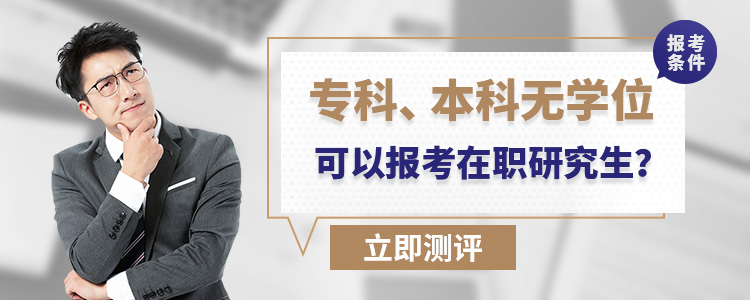






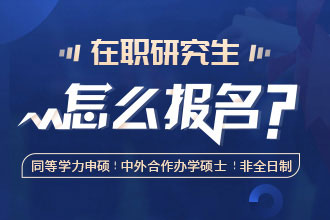
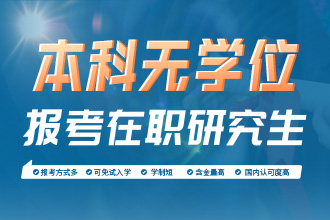
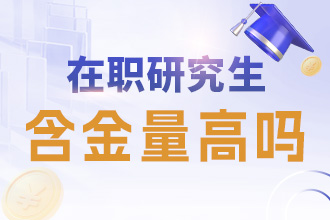
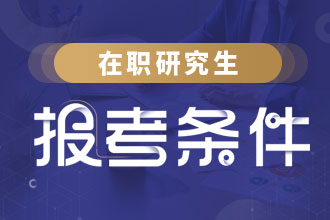









評論0
“無需登錄,可直接評論...”